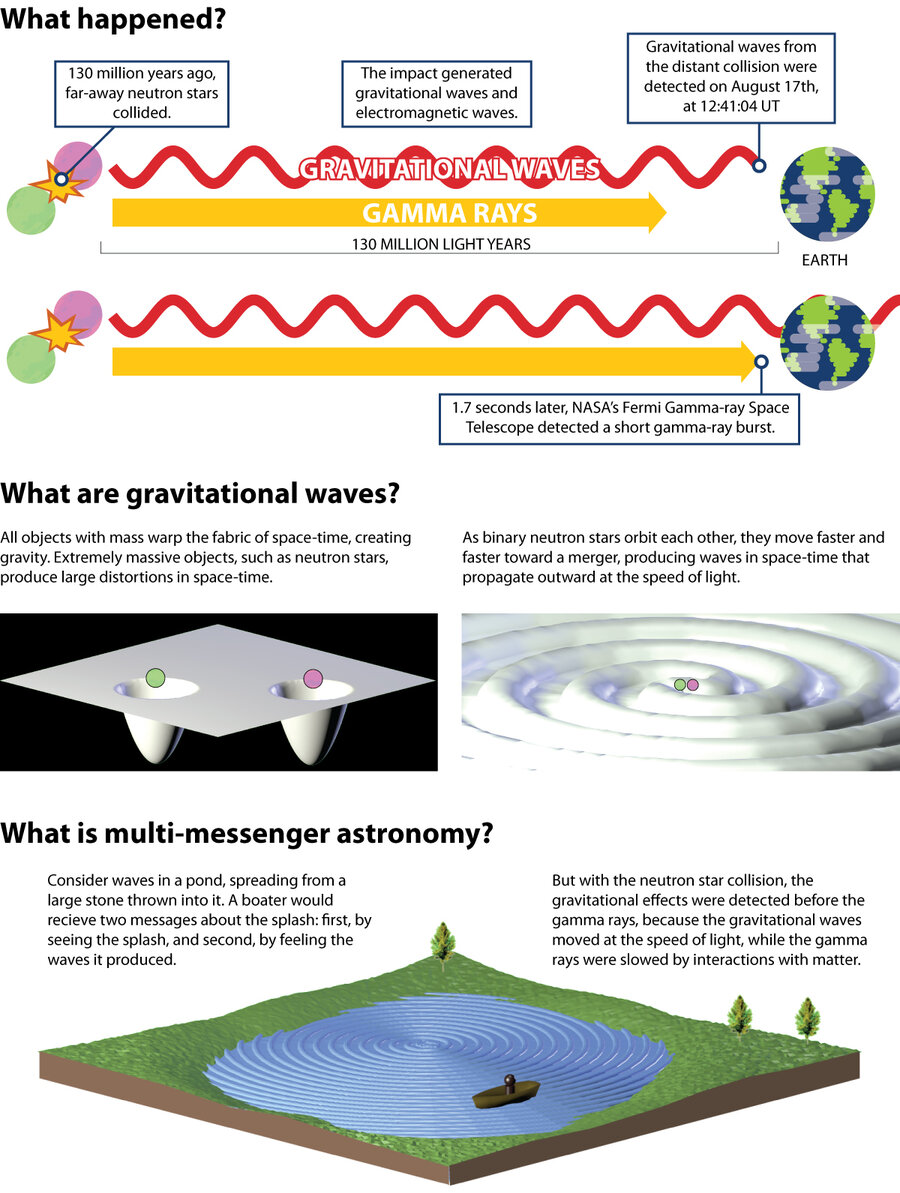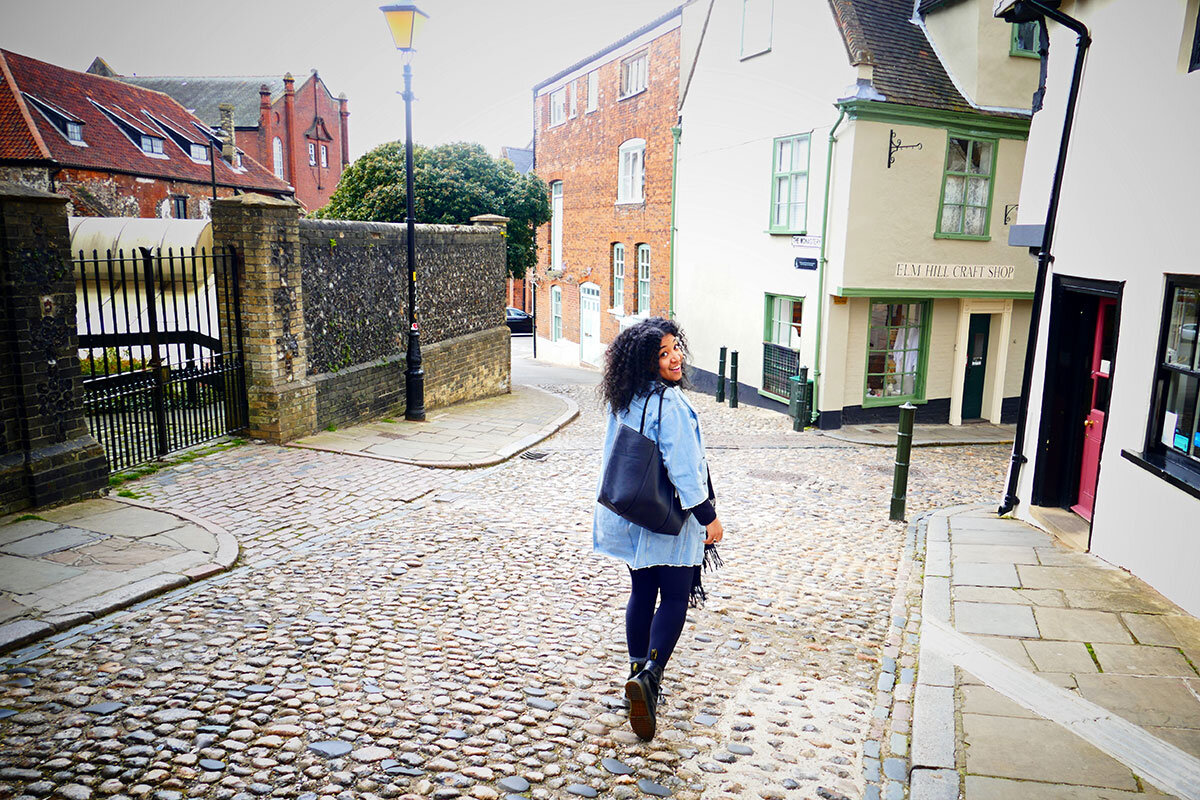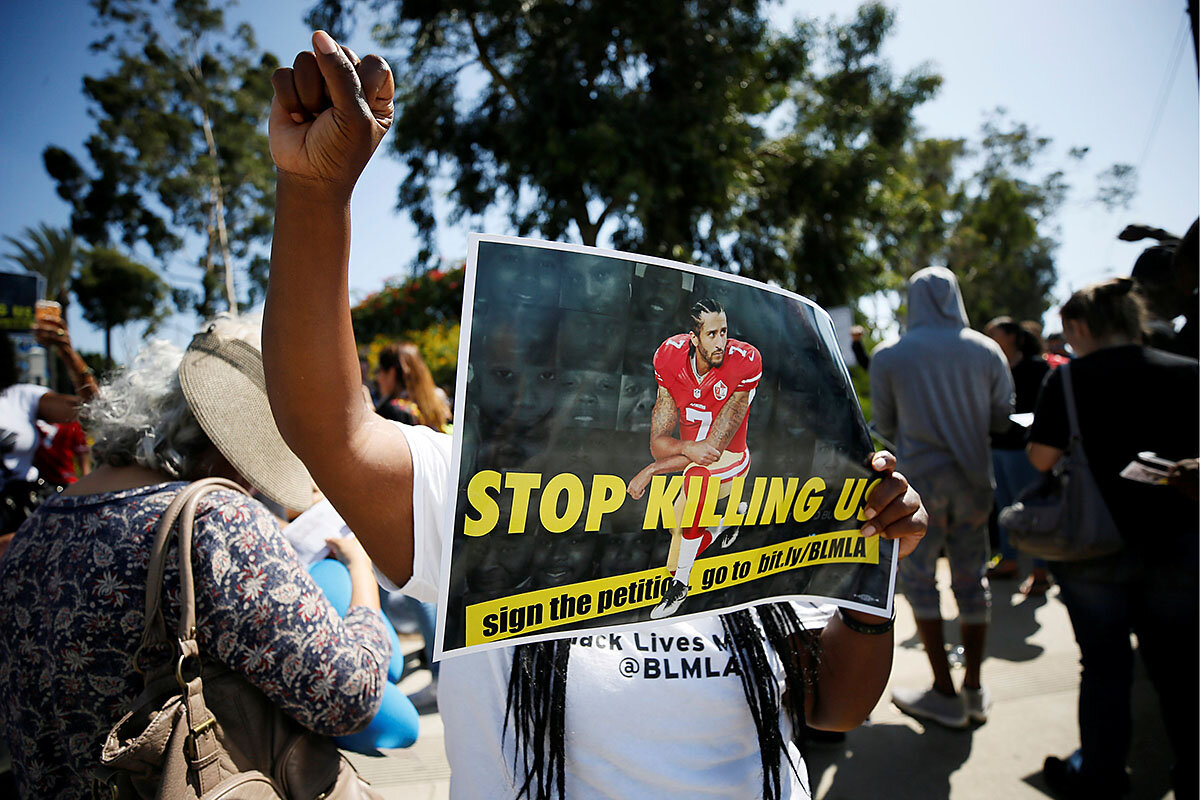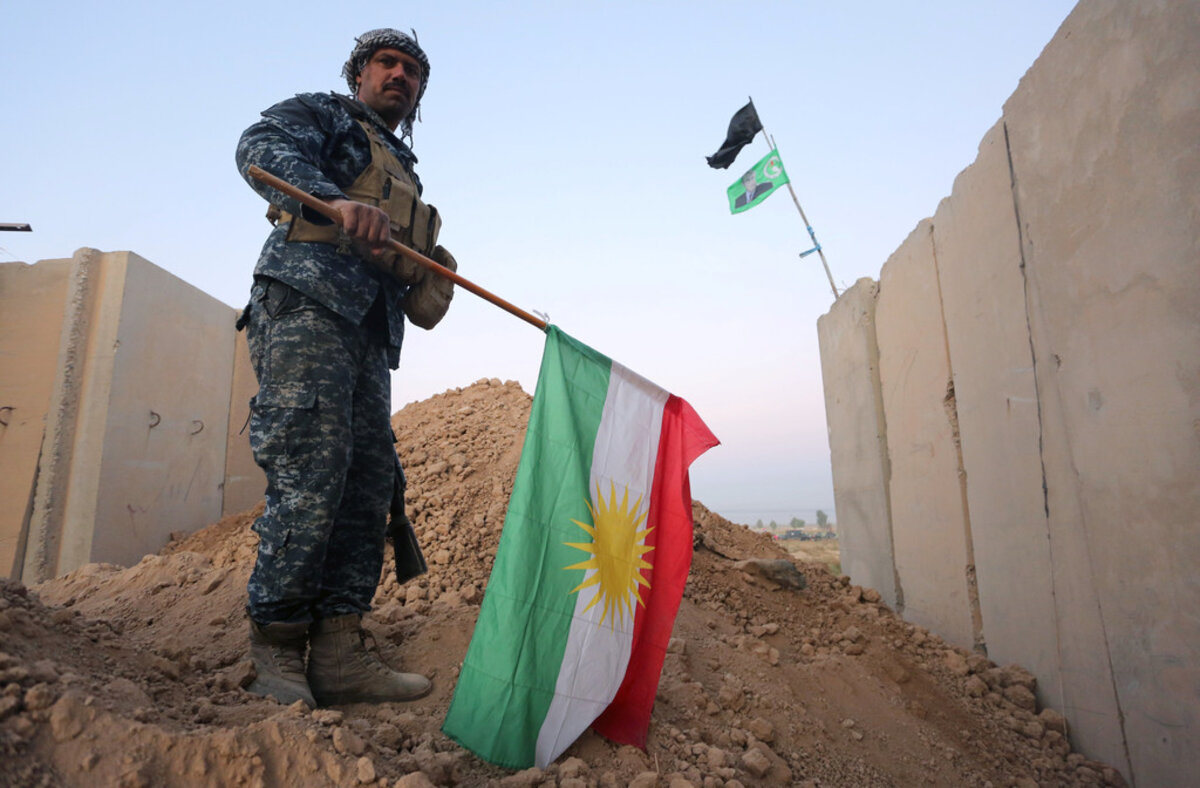This is the third time that courts are being asked to consider a Trump administration travel ban. Should that matter? No. But it raises questions about justice. For example, can an administration get what it wants through repetition?
Monitor Daily Podcast
- Follow us:
- Apple Podcasts
- Spotify
- RSS Feed
- Download
 Mark Sappenfield
Mark Sappenfield
Austria’s elections Sunday were just the latest to set off alarm bells, with the far-right Freedom Party gaining more than a quarter of the vote. But in many ways, the bigger question surrounds the man set to become the country’s next chancellor.
Sebastian Kurz of the center-right People’s Party embodies two different paths, not only for Austria, but for the ascendant right in Europe and the United States. He is part Donald Trump, part Emmanuel Macron. His platform for reining in immigration echoes that of the American president. His youth and diplomatic tone echo those of the French president.
“His formula has consisted of stealing talking points from the [far-right] and presenting them in more moderate garments and with better manners,” one expert told the Guardian.
If “better manners” is just fascism cloaked in something friendlier, Mr. Kurz will bring shame on Austria. But recent years have shown that manners are more than just political niceties. They speak to mutual respect.
Kurz’s platform resonates with voters from the Tirol to Texas. Creating the space for a national conversation on it – with manners and moderation – would be no small step.
Now to our five stories for today, highlighting innovation, restorative justice, and transformational approaches.












